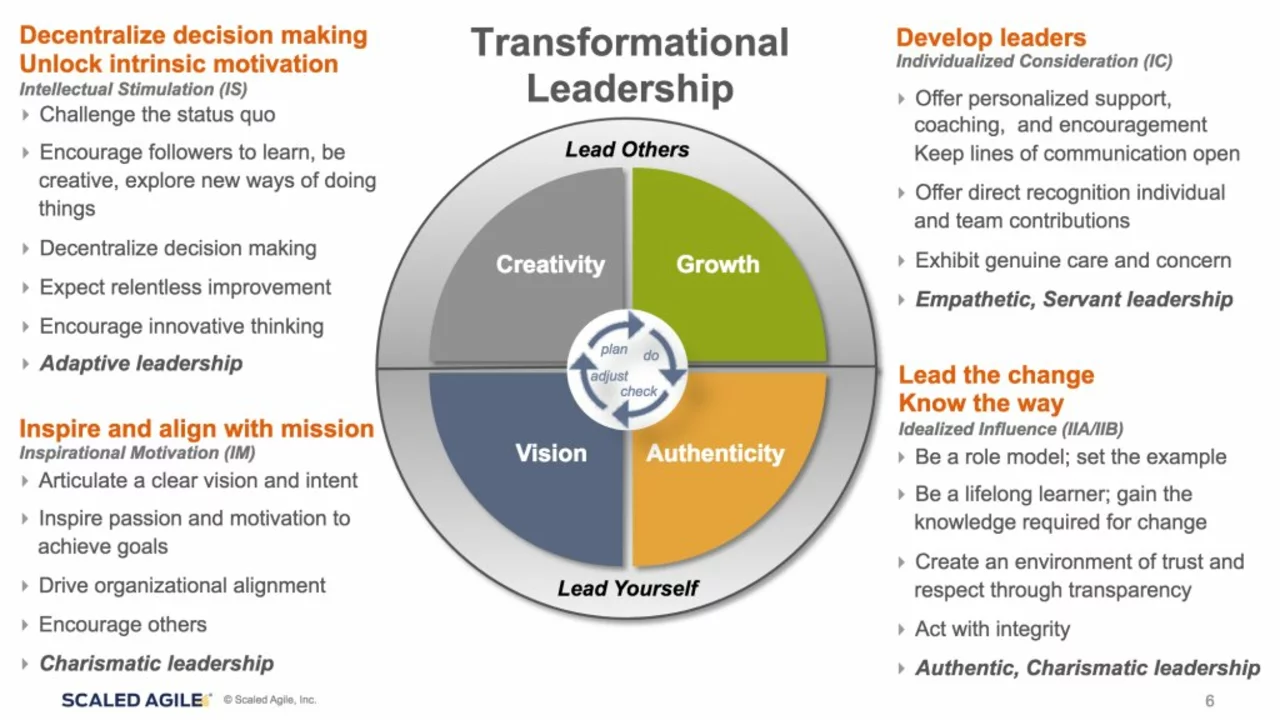Decision-Making Guide: Simple Steps to Make Better Choices Quickly
Ever feel stuck on a choice? Maybe you’re wondering how to improve a school system, or whether a government subsidy is worth it. The good news is you don’t need a PhD to decide. A few easy habits can turn vague doubt into clear action.
1. Identify What Matters Most
Start by writing down the top three things that matter for this decision. If you’re thinking about a new education policy, it could be "student outcomes," "cost," and "teacher support." When the list is short, you can see the trade‑offs without drowning in details.
2. Gather Real Facts, Not Opinions
Pull in data that actually answers your questions. For example, before you decide if subsidizing higher education lowers its value, look at graduation rates, employment numbers, and tuition trends. Facts keep the conversation grounded and stop speculation from taking over.
After you have facts, weigh them against your priorities. If student outcomes rank highest, a policy that boosts graduation rates wins, even if it costs a bit more.
3. Use a Quick Pro‑Con List
Write two columns: pros on the left, cons on the right. Keep each point brief—one sentence is enough. This visual helps you spot patterns. In a decision about special education training, you might list "better classroom inclusion" as a pro and "extra time needed for planning" as a con.
4. Test the Decision with a Mini‑Experiment
If possible, try a small version first. Want to know whether a new credit‑union loan policy works? Implement it in one branch for three months and watch the results. A trial run shows real outcomes before you commit fully.
5. Set a Deadline and Stick to It
Indecision often stalls because there’s no end point. Give yourself a clear date—"I’ll choose by Friday." Even a short deadline forces you to prioritize information and avoid endless research.
When the deadline hits, trust the work you’ve done. You’ve balanced priorities, gathered facts, and visualized pros and cons. That’s enough to move forward.
6. Learn from the Outcome
After the decision, review what happened. Did the new education improvement plan raise test scores? Did the credit‑union loan policy boost member satisfaction? Note the wins and the misses. This feedback loop makes the next decision easier.
Decision‑making isn’t a magic skill; it’s a set of habits you can practice every day. Whether you’re choosing a career move, picking a school curriculum, or deciding on a personal finance option, these steps keep you focused and confident.
Try one habit today—write down what matters most. You’ll see how quickly the fog lifts and the right path becomes clearer.

Should I get an education degree?
Deciding whether to pursue an education degree is a personal choice and depends on your career goals. If you're passionate about teaching and shaping young minds, an education degree can offer the necessary skills and credentials. However, it's essential to consider the financial investment and the potential return. Some may find the rewards of teaching outweigh the monetary aspects, while others may prefer a degree with a more direct financial payoff. Do your research, consider your passion and prospects, and make an informed decision.
Read More